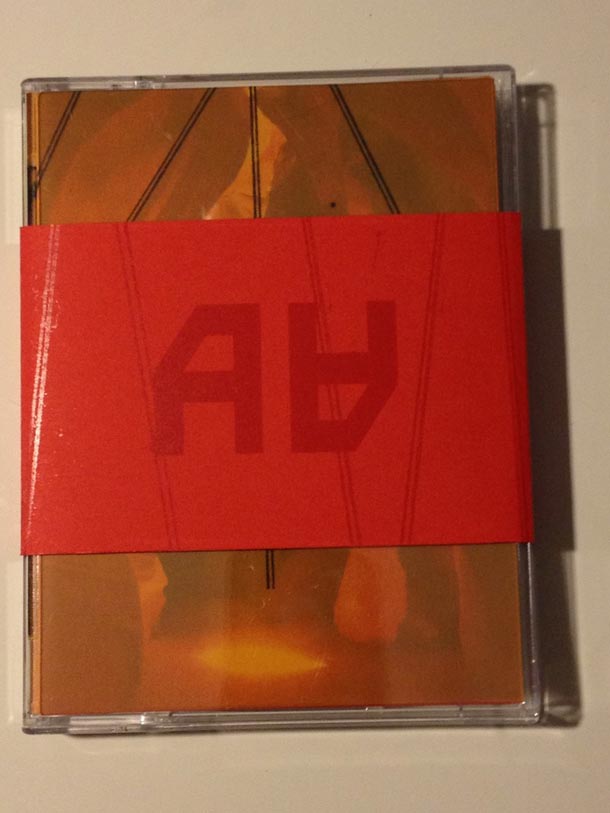ARCHITEUTHIS REX, Eleusis

Eleusi è l’antica città greca legata anche al mito del rapimento di Persefone, figlia della dea Demetra, perpetrato da Ade. Un mito che incarna il susseguirsi della vita alla morte e viceversa. In una parola: cambiamento, vocabolo che Gallucci (Kapustin Yar) e Marongiu (Agarttha, Crisne) conoscono molto bene. Non paghi della precedente virata in direzione di nebulose cosmiche (con Urania, nel 2011), gli Architeuthis Rex sterzano nuovamente, questa volta verso un habitat kraut-a-delico che mostra uno stile diverso e più unilaterale, si direbbe incentrato su di un dualismo tra tastiere e chitarre, queste ultime ben più evidenti del solito, come in “Eleusis”, dove voci trasognanti si fanno trascinare in riff cavernosi à la Horseback affrescati da synth raffinati, che diventeranno sibili evanescenti nella folgorante “Demeter Lousia”. In “Pomegranates”, invece, fanno capolino certi ritmi tribali come in The Blyssynge Of The Salte (loro disco uscito nel 2010 per Sturmundrugs), sui quali vengono condensate afose schitarrate spacespychedeliche, riverite da tastiere all’inseguimento dei sogni alchemici di Albedo (Crisne). Il lavoro si conclude con la suggestiva “Triple Goddess” (ispiratissimo l’intro elegiaco) e non ci resta che un accenno al prezioso packaging riservato dall’etichetta Zeitgeists per la cassetta in questione: a quanto pare non siamo gli unici a esserci fatti ammaliare ancora da questa creatura musicale.
